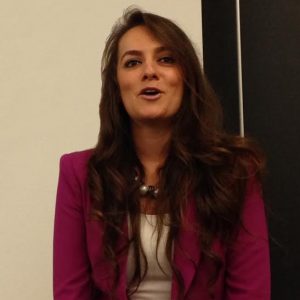Specializing in global development impact and effectiveness, Shabnam Shalizi’s doctoral work at USC builds on her applied experience as a practitioner leading and supporting engagements in diverse landscapes, including the volatile setting of war. Her emphasis on communications and change stems from her performance measurement portfolio across multiple countries and sectors, including women’s economic empowerment, climate change, rule of law, food security and public financial management. Shabnam’s research interests include levers for change in how business and aid can work to build and maintain lasting, sustainable impact for people and their communities. For decentralized and/or collaborative partnership-based development activities, this includes how personnel, processes and systems in both headquarters and the field can align to increase impact and facilitate ownership. She has led research and evaluations in over fifteen countries as part of her work developing evidence-based measures for improved performance that results in meaningful and relevant change. Having consulted and advised officials across several private sector, international and multilateral organizations, her experience includes extensive work with Fortune 500 companies, social enterprises, the World Bank, U.S. Agency for International Development and U.S. Department of State.
Shabnam is a certified Change Management Advanced Practitioner from the Georgetown University McDonough School of Business, has facilitated performance workshops and collaborated in both boardrooms and classrooms internationally, guest lectured and delivered modules on performance management, stakeholder buy-in, impact optimization and qualitative data collection methods. She holds two graduate degrees, an MS from the London School of Economics and Political Science and an MA from the University of Southern California.
Of Afghan heritage, Shabnam’s background and story is one that demonstrates her commitment to the efficacy of human assistance and development. With one ear to policy and the other to the human experience, her dedication to performance links 21st century global development to accountable decision making that enables sustainability for collective growth.
